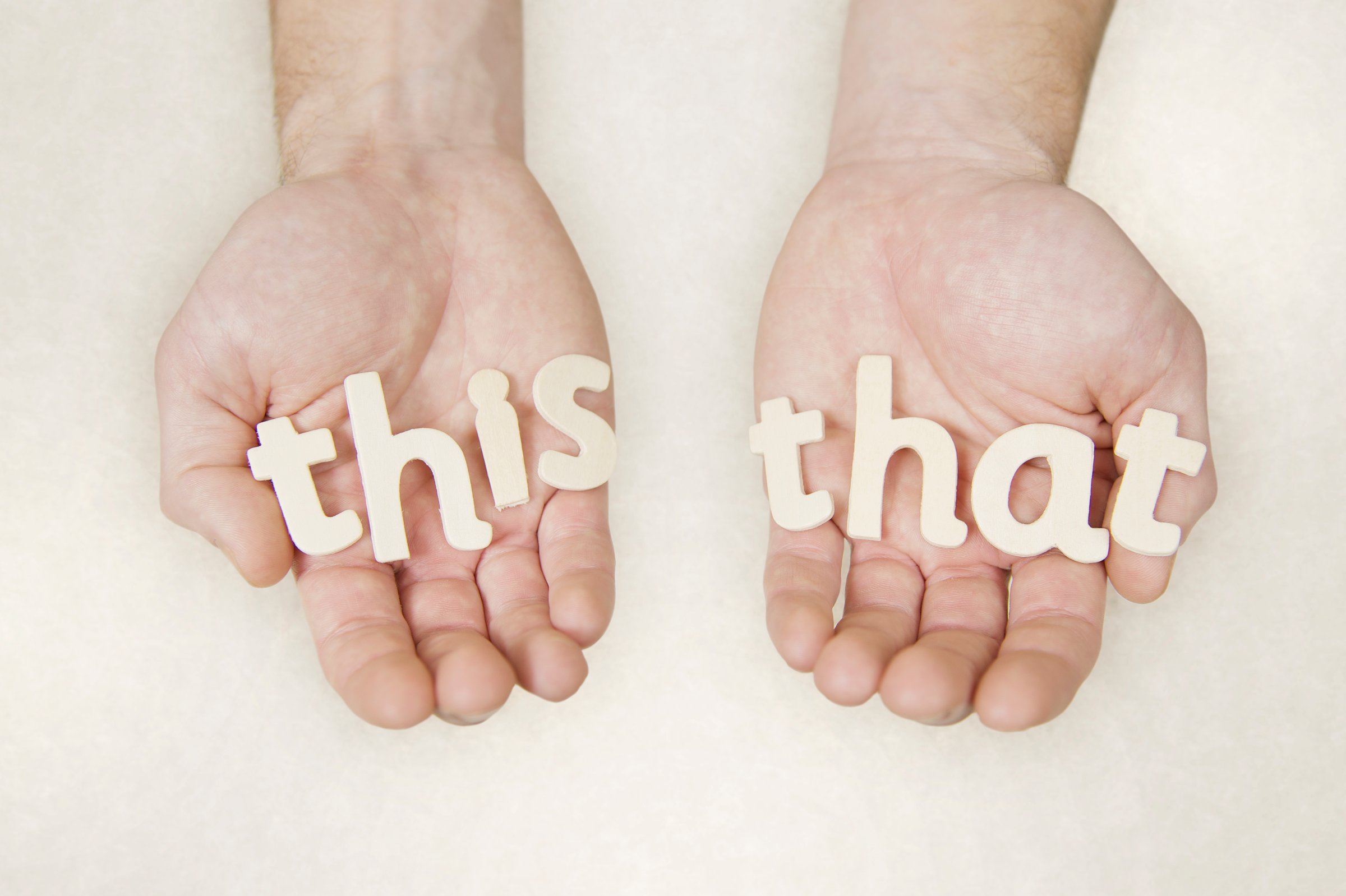
When you’re making a split-second decision – whether to hit the gas or brake while approaching a yellow traffic light, or whether to stick your arm out to hold that closing elevator door – waiting a fraction of a second to decide can make a world of difference.
Scientists at Columbia University and the University of Pittsburgh found that when making choices between a right and wrong answer, people’s accuracy in making the right decision increased dramatically when they gave themselves a small amount of time. Without the added time, their choices were no better than chance.
MORE: Making Choices: How Your Brain Decides
It’s all about giving our attention enough time to sort out the relevant information from the distractors, says one of the study’s co-authors, Vincent Ferrera, an associate professor of neuroscience at Columbia University Medical Center. “The little extra time to sort out the irrelevant information makes the decision-making more efficient,” he says.
In the study, 13 volunteers were asked to look at competing sets of dots scrolling across a computer screen. They were told which set was their target, and then asked to indicate which direction the target dots were moving when the distracting set was introduced – the distracting set either moved in the same direction or opposite direction of the target dots. The participants performed this task under different conditions: in some experiments they aimed for accuracy, in others, for speed.
MORE: Trick to Improving Your Odds in Vegas: Get a Full Night’s Sleep
Ferrera and his colleagues found that when the participants had a little more time, even as few as 50 milliseconds to make their decision, their accuracy improved. The reason? That precious time is enough to allow our attention to focus on sorting out the red herrings from the useful information related to the situation. “If you take attention off line, you go from almost perfect accuracy to almost chance accuracy,” he says.
That doesn’t mean taking longer to decide necessarily leads to a better choice. With more time, there’s more chance for distracting and even misleading information to filter into the process, confusing the situation. Ferrera’s findings suggest that simply accumulating more and more information isn’t always helpful. “What we’re saying is that before you start gathering evidence willy nilly, take a short moment to determine whether that evidence is really relevant to the decision you are making,” he says. “Then you won’t have to wrestle later with that irrelevant information.”
MORE: Gut Decisions May Not Be Smart
While obvious from an intuitive sense, the study quantified the connection and started to tease apart what role attention plays in decision making. While much work has focused on either how the brain focuses or how it makes decisions, few have investigated the connection between the two. Ferrera and his colleagues hope to expand the work to ask what role reward plays in the dynamic as well. For now, it looks like giving yourself just a little more time, however brief, may be worth it. “Even 50 milliseconds gives you a huge advantage in making an accurate decision,” Ferrera says.
More Must-Reads from TIME
- How Donald Trump Won
- The Best Inventions of 2024
- Why Sleep Is the Key to Living Longer
- Robert Zemeckis Just Wants to Move You
- How to Break 8 Toxic Communication Habits
- Nicola Coughlan Bet on Herself—And Won
- Why Vinegar Is So Good for You
- Meet TIME's Newest Class of Next Generation Leaders
Contact us at letters@time.com